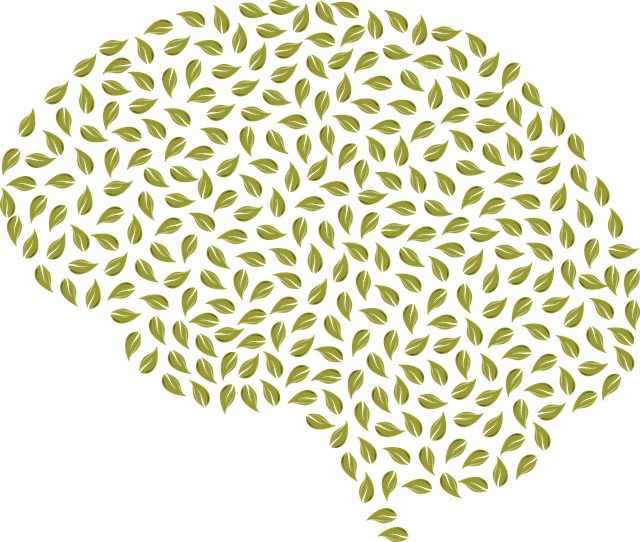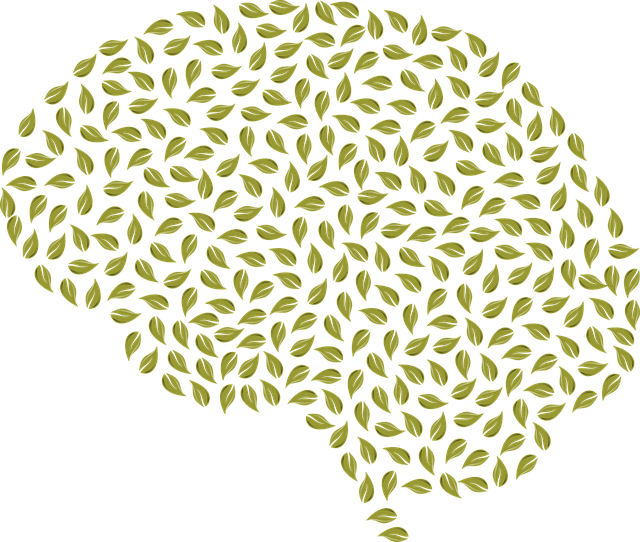Implementing effective outreach programs for French-speaking elders in mental health support requires addressing language barriers and cultural considerations. Tailoring strategies with trained professionals delivering services in French fosters trust and engagement, while risk management planning ensures a safe environment. Culturally sensitive therapy programs focusing on emotional healing, traditional folk practices, and heritage-reflective activities enhance participation and build resilience. Community outreach with specialized Therapy for Elders French Speaking, support groups, and counseling creates open dialogue. Robust evaluation methods measure impact, and comprehensive training and partnerships ensure sustainability.
Community outreach programs play a vital role in addressing the unique needs of French-speaking elders. This article explores strategies to enhance their well-being through tailored therapy initiatives. We delve into understanding the specific requirements of this demographic, designing effective therapy programs, and implementing successful outreach strategies. Additionally, we highlight methods for measuring the impact and sustainability of such efforts, ensuring long-term benefits for French-speaking seniors in our communities.
- Understanding the Needs of French-Speaking Elders in Your Community
- Designing Effective Therapy Programs for This Demographic
- Strategies for Successful Community Outreach and Engagement
- Measuring Impact and Sustainability of French-Speaking Elder Therapy Initiatives
Understanding the Needs of French-Speaking Elders in Your Community

Understanding the unique needs of French-speaking elders within your community is a critical step in implementing effective outreach programs. This demographic often faces language barriers that can isolate them and limit their access to essential services, including mental health support and therapy for elders who speak French. By recognizing these challenges, community organizations can tailor their outreach strategies to better engage and serve this population.
French-speaking seniors may require specific cultural considerations when it comes to coping skills development and stress management. Outreach programs should incorporate trained professionals who can deliver mental health services in French, ensuring effective communication and building trust. Moreover, risk management planning for mental health professionals is essential to address the potential challenges of working with this linguistic group, thereby fostering a more inclusive and supportive environment for French-speaking elders.
Designing Effective Therapy Programs for This Demographic

Designing effective therapy programs for elderly French-speaking individuals requires a nuanced approach that acknowledges their unique cultural and linguistic needs. Many elders in this demographic have experienced significant life changes, such as migration or loss of community connections, which can impact their emotional well-being. Therapy should focus on fostering emotional healing processes by providing safe spaces where they feel understood and valued. Public awareness campaigns development targeting French-speaking communities can help break down barriers to mental health services and promote the importance of seeking support.
By incorporating cultural elements that resonate with this specific group, therapy programs can enhance engagement and trust. This may include using French in therapeutic settings, incorporating traditional folk healing practices, or tailoring activities to reflect their cultural heritage. Moreover, addressing emotional intelligence is crucial, as it enables elders to recognize and manage their emotions effectively. Through these tailored interventions, therapy for elders speaking French can become a powerful tool, not just for addressing immediate mental health concerns but also for fostering resilience and enhancing overall quality of life.
Strategies for Successful Community Outreach and Engagement

Community outreach programs that effectively engage French-speaking elders are invaluable, especially when tailored to their specific needs and cultural preferences. Strategies for success include providing mental health education programs designed specifically for this demographic, focusing on topics relevant to their experiences and challenges. Therapy for Elders French Speaking can be a powerful tool in fostering connection and understanding within the community.
Additionally, professionals should consider a holistic approach, incorporating activities that promote social interaction and mood management. By organizing cultural events, support groups, and accessible counseling services, mental health professionals can create an environment where elders feel comfortable sharing their stories and seeking assistance. A well-designed risk assessment for these programs is crucial to ensure the safety and well-being of participants while encouraging open dialogue.
Measuring Impact and Sustainability of French-Speaking Elder Therapy Initiatives

Measuring the impact and sustainability of French-speaking elder therapy initiatives is essential for understanding their long-term effectiveness. By employing robust evaluation methods, organizations can assess how these programs enhance the emotional well-being promotion techniques for elderly individuals while addressing specific cultural needs. This includes gauging client satisfaction, tracking improvements in mental health outcomes, and identifying any challenges or gaps in service delivery.
Sustainability is a critical aspect to consider, especially when ensuring continuous access to quality care. Organizations can foster sustainability by implementing comprehensive risk assessment for mental health professionals, incorporating healthcare provider cultural competency training, and building strong community partnerships. These strategies collectively contribute to the overall success of French-speaking elder therapy initiatives, making them more adaptable and responsive to the evolving needs of the population they serve.
Implementing community outreach programs focused on providing therapy for elders who speak French is a powerful way to address unique cultural needs within your community. By understanding specific demographic requirements, designing tailored programs, and employing effective engagement strategies, initiatives can be both impactful and sustainable. Measuring the success of these efforts ensures that resources are allocated wisely, ultimately enhancing the well-being of French-speaking seniors. This holistic approach to community outreach not only improves access to care but also fosters a more inclusive environment for this vital demographic.














